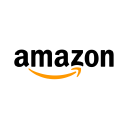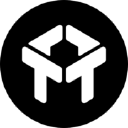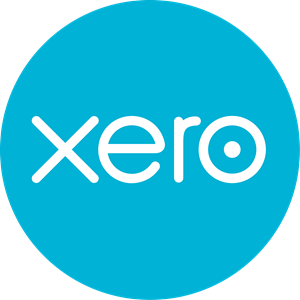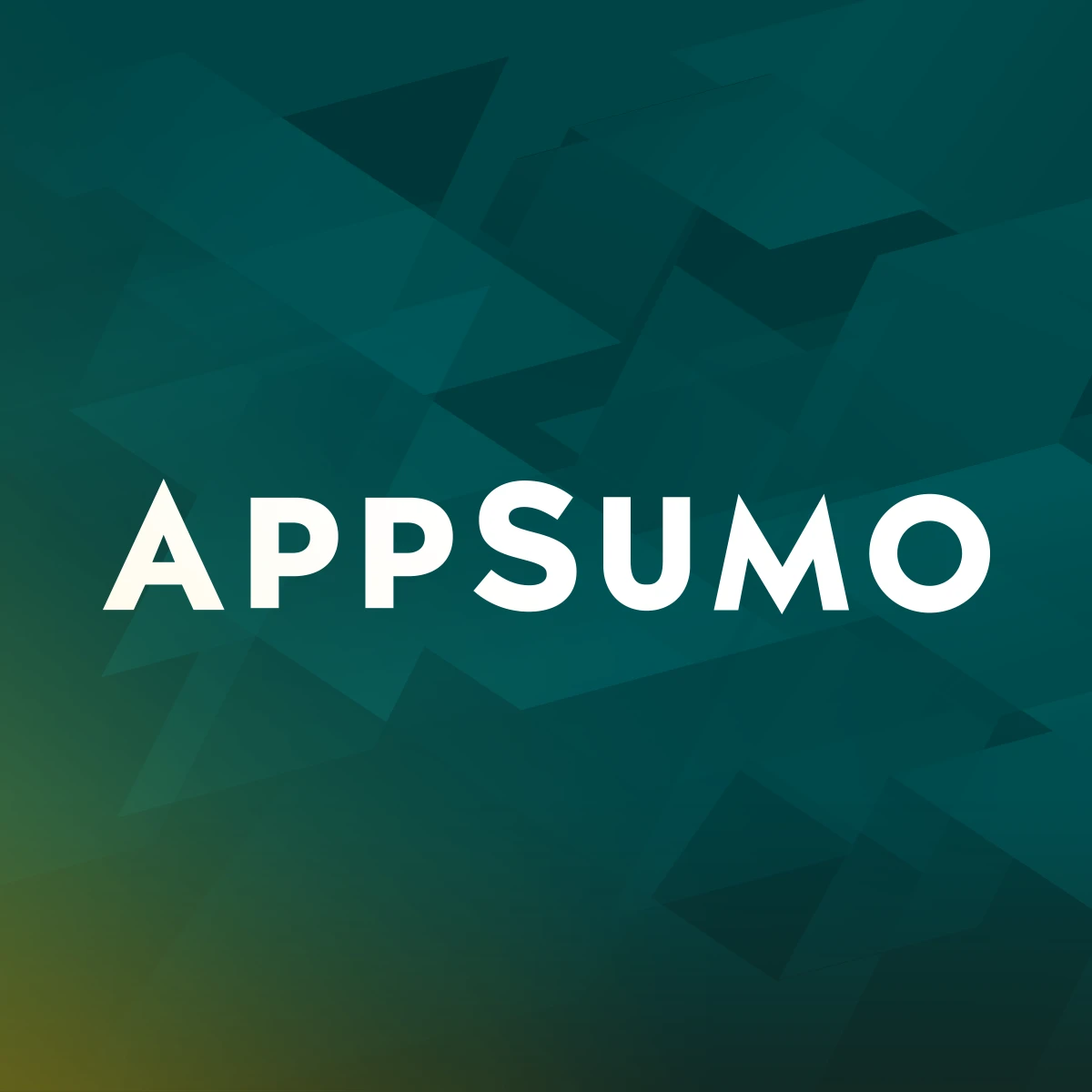From Fitness Junkie To Founder: How I Built A Personal Training Platform
Hello! Who are you and what business did you start?
Hey there! I’m Edward, founder of Health Haven - the one-stop shop for personal trainers, fitness fanatics, and complete newcomers to the health and well-being space to search, find and connect and elevate one another. Personal trainers and fitness professionals make new client connections and more revenue without sacrificing their time and energy, and those looking for a health kick reach their goals faster and more affordable than ever.
Our flagship product is our app that lets you immediately jump into a world of fitness-specific content, resources, professionals, and health-chasers like you. We offer the only app that lets you find a personal trainer from hundreds around the world - evaluating based on their experience, price, reviews, location, and more - and then also start your journey with them from the same place, paying as you go for their services and receiving everything from your workout plans to making your 1-2-1 bookings all from the same place.
Fitness professionals are our primary customers, paying a monthly fee to benefit from this service and the other perks of their...














































